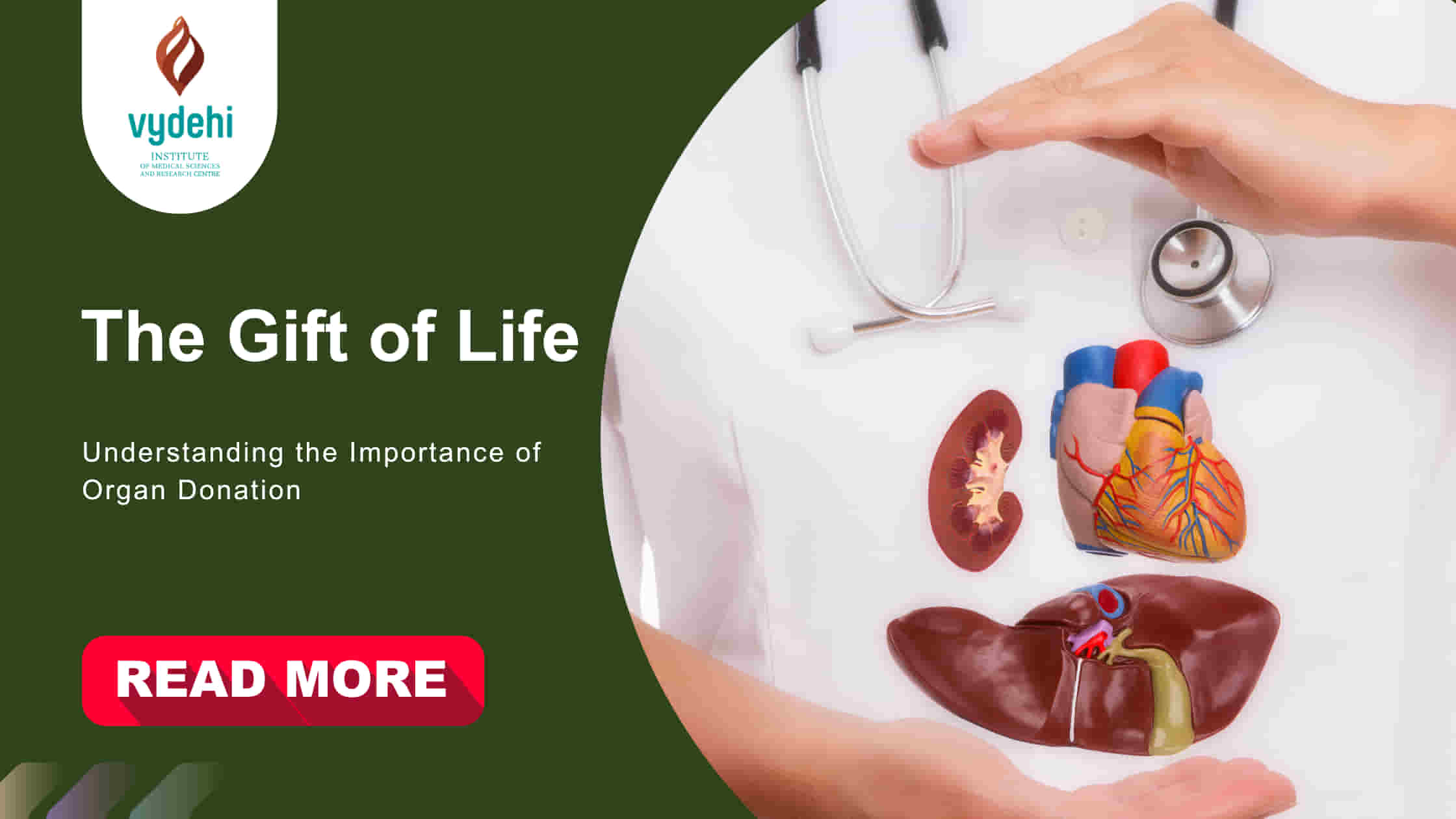

Organ donation is a life-saving act that has the power to transform the lives of those in need. By registering as an organ donor, you can give the gift of life to someone even after your passing. Organ donation after death follows strict rules and regulations to ensure a fair and ethical process. Understanding how organ donation works and the reasons to become an organ donor can have a profound impact on society. Let’s delve into the importance of organ donation and how it saves lives.
Organ donation after death is a process by which organs and tissues are removed from a deceased person to save or improve the lives of others. The generosity of donors enables medical professionals to perform life-saving organ transplantation surgeries. By donating organs such as the heart, liver, or kidneys, donors can offer a second chance at life to someone on the brink of despair.
To become an organ donor, one needs to register with the relevant authorities. Organ donation rules may vary from one region to another, but the general process involves filling out a registration form indicating consent for organ donation after death. By being part of the donor register, individuals express their willingness to donate their organs upon their passing. This small act can have a profound impact on the lives of others.
When an individual tragically passes away, their organs can be procured for transplantation. Highly skilled medical teams carefully remove viable organs and tissues from the donor’s body, ensuring that the process is respectful and dignified. These organs are then preserved and matched with suitable recipients based on factors such as blood type, tissue compatibility, and medical urgency.
Becoming an organ donor is a decision that can save multiple lives and improve the quality of life for many more. It is a way to leave a lasting legacy of kindness and compassion even after death. By registering as an organ donor, you give hope to those in need and provide comfort to grieving families, knowing that their loved one’s life was not in vain.
Organ transplantation is a miraculous procedure that has saved countless lives. It offers hope to those with end-stage organ failure, giving them a chance to live life to the fullest again. Whether it’s a heart donation that mends a broken rhythm, a liver donation that restores vital functions, or a kidney donation that liberates a person from dialysis, each organ transplant is a life-changing event.
In addition to solid organs, eye donation is also a crucial aspect of the organ donation process. Donating one’s eyes can restore vision to the visually impaired, bringing light into their world of darkness. This simple act of kindness allows donors to continue making a positive impact even afterlife.
Apart from organ donation after death, living organ donation is another option for those willing to make a difference. Donating a kidney, for instance, can save the life of someone suffering from kidney failure. While it’s a significant decision, living donors can experience the fulfillment of knowing they have given someone the gift of a renewed life.
If you wish to join the noble cause of organ donation, consider supporting institutions like the Vydehi Institute of Medical Sciences and Research Center. Vydehi is at the forefront of organ transplantation, equipped with state-of-the-art facilities and a team of skilled professionals committed to saving lives. By supporting Vydehi, you contribute to their efforts in advancing medical science and making life-saving surgeries accessible to those in need.
Organ donation is a testament to the compassion and altruism of humanity. By registering as an organ donor, you can bring hope, joy, and life to individuals and families who are desperately awaiting the gift of life. Embrace the opportunity to save lives and become a hero in someone’s story. Register as an organ donor today and be part of the incredible legacy of giving, even after you’re gone.
The information included here is only for knowledge-sharing purposes, and the blog is not intended to be a substitute for diagnosis, medical advice, or treatment by a healthcare professional. Every individual needs advice based on diagnosis and evidence, hence the reader should consult their doctor to determine the disease and any treatment must be taken under appropriate medical guidance.
Ans: Organ donation after death is the act of giving organs to save lives after a person passes away, providing hope to those in need.
Ans: Organ donation involves the removal of organs from a deceased or living donor, which are then transplanted into recipients requiring them.
Ans: Becoming an organ donor saves lives and leaves a lasting impact, offering hope and a chance for a better life to others.
Ans: Vital organs like heart, liver, kidneys, lungs, and tissues like corneas can be donated to transform lives and restore sight.
Ans: While kidney donation is generally safe, there are potential risks like bleeding or infection, which medical experts carefully manage to ensure donor well-being.


 Emergency Number
Emergency Number
The extensive impact of organ donation on both donors and receivers is brilliantly highlighted in this blog. It highlights the potential for this altruistic gesture to save lives while illuminating the careful procedure and regulations surrounding organ donation. The narrative is made more compelling by the inclusion of living organ and eye donation as heroic deeds. The fact that the Vydehi Institute of Medical Sciences and Research Center was mentioned as a source of inspiration highlights the significance of assisting organizations devoted to developing medical science. Overall, this blog is interesting and captivating, and it inspires readers to join the amazing heritage of giving by donating their organs.